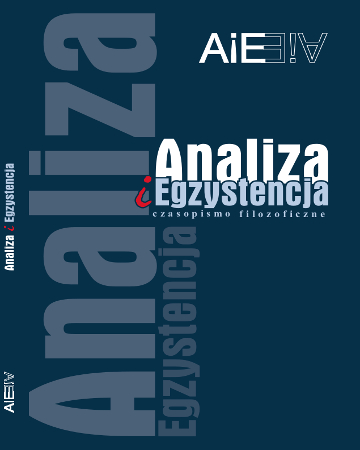Some Arguments for the Operational Reading of Truth Expressions
Some Arguments for the Operational Reading of Truth Expressions
Author(s): Jakub Gomułka , Jan WawrzyniakSubject(s): Philosophy, History of Philosophy
Published by: Wydawnictwo Naukowe Uniwersytetu Szczecińskiego
Keywords: truth; operator; predicate; logical form; Frege; Wittgenstein; Tarski
Summary/Abstract: The main question of our article is: What is the logical form of statements containing expressions such as “… is true” and “it is true that …”? We claim that these expressions are generally not used in order to assign a certain property to sentences. We indicate that a predicative interpretation of these expressions was rejected by Frege and adherents to the prosentential conception of truth. We treat these expressions as operators. The main advantage of our operational reading is the fact that it adequately represents how the words, “true” and “truth,” function in everyday speech. Our approach confirms the intuition that so-called T-equivalences are not contingent truths, and explains why they seem to be—in some sense—necessary sentences. Moreover, our operational readingof truth expressions dissolves problems arising from the belief that there is some specific property—truth. The fact that we reject that truth is a certain property does not mean that we deny that the concept of truth plays a very important role in our language, and hence in our life. We indicate that the concept of truth is inseparable from the concept of sentence and vice versa—it is impossible to explicate one of these concepts without appeal to the other.
Journal: Analiza i Egzystencja: czasopismo filozoficzne
- Issue Year: 2013
- Issue No: 24
- Page Range: 61-86
- Page Count: 26
- Language: English

